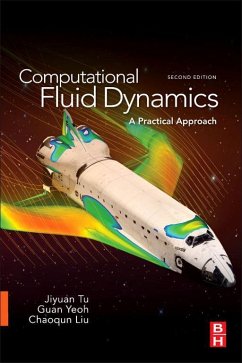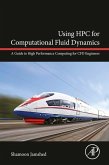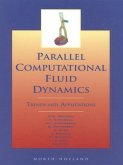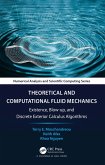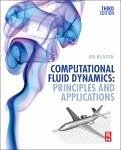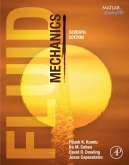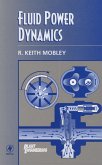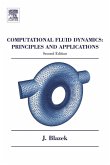There is additional coverage of high-pressure fluid dynamics and meshless approach to provide a broader overview of the application areas where CFD can be used. The book combines an appropriate level of mathematical background, worked examples, computer screen shots, and step-by-step processes, walking students through modeling and computing as well as interpretation of CFD results.
It is ideal for senior level undergraduate and graduate students of mechanical, aerospace, civil, chemical, environmental and marine engineering. It can also help beginner users of commercial CFD software tools (including CFX and FLUENT).
- A more comprehensive coverage of CFD techniques including discretisation via finite element and spectral element as well as finite difference and finite volume methods and multigrid method
- Coverage of different approaches to CFD grid generation in order to closely match how CFD meshing is being used in industry
- Additional coverage of high-pressure fluid dynamics and meshless approach to provide a broader overview of the application areas where CFD can be used
- 20% new content
Dieser Download kann aus rechtlichen Gründen nur mit Rechnungsadresse in A, B, BG, CY, CZ, D, DK, EW, E, FIN, F, GR, HR, H, IRL, I, LT, L, LR, M, NL, PL, P, R, S, SLO, SK ausgeliefert werden.

